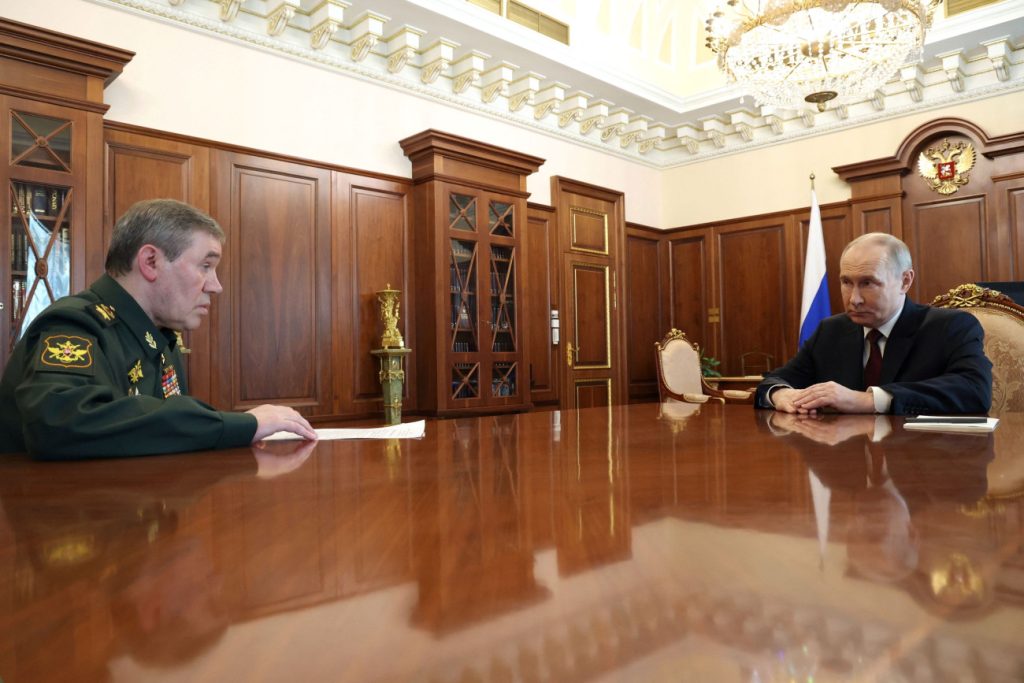A bevy of media reports out of Nicosia on Tuesday have the Cypriot government ready to announce its preliminary “green light” for its participation in the ambitious Great Sea Interconnector (GSI) project, which aims to connect the power grids of Israel, Cyprus and mainland Greece via an undersea cable spanning the breadth of the eastern Mediterranean.
The agreement, if reports based on sources pans out, would overcome a near collapse of the negotiations between the power regulators of Cyprus and Greece, with the former having expressed serious reservations last July over cost-sharing for the challenging – in terms of technology and engineering – project and a possible failure to complete the cable due to “geopolitical turbulence”. The latter is an indirect but well-understood allusion to Turkish belligerence and saber-rattling in the eastern Mediterranean.
According to reports, three main points to emerge from a meeting in Nicosia last week in leaning towards a compromise are that Greece’s system transmission operation (IPTO or ADMIE) will recoup revenues of 125 million euros instead of 200 million during the construction phase. Another holds that the Republic of Cyprus will become a GSI shareholder by plucking down 100 million euros in share capital, and that the Greek side will raise its percentage of a guarantee linked with “geopolitical risks”.
A meeting between Greek Prime Minister Kyriakos Mitsotakis and Cyprus President Nikos Christodoulides is set in Athens on Sept. 19, and looms as the most suitable occasion for a formal announcement.
Cyprus’ cabinet would first have to approve of the deal, with its members convening on Wednesday.



